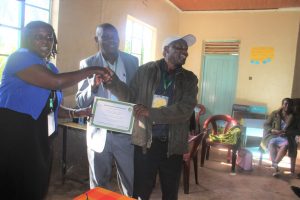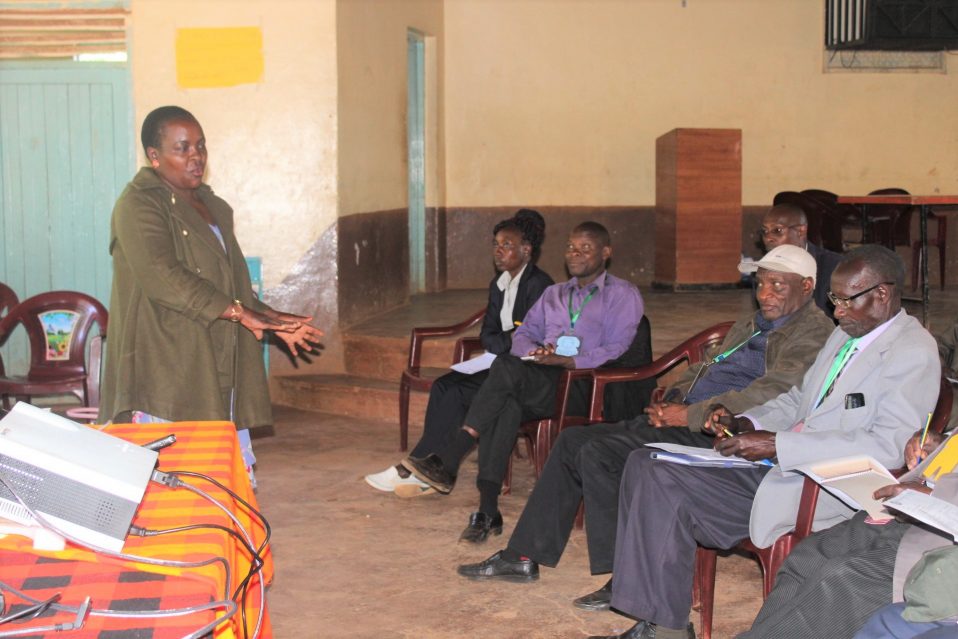Nyamira and Kisii, regions predominantly occupied by the Abagusii, record relatively extreme persistence of FGM prevalence-if the report by the 2014 Kenya Demographic Health Survey is anything to go by. One of the factors contributing to persistence is that the community is highly conservative and patriarchal. The value and belief systems have been this way from the pre-colonial to post-colonial, and remains in the contemporary society.
“I pushed my wife to take my daughters for the cut. After we were informed that the activity was complete, we celebrated through eating and drinking. May God forgive me. FGM is our culture. There was no room for questioning culture. If I did not allow it, it would be extremely difficult for them to get married in our community.”
The words of Manae, a retired teacher based in Kebirigo, Nyamira. He has two daughters who recently completed college and still waiting to be absorbed into the job market. He is among the 50 men living with FGM survivors who benefitted from the HFAW Men End FGM training held in December 2019, Nyamira, Kenya.
Manae’s sentiments resonate with the majority members of the community who continue to uphold FGM and conduct it in secrecy because there is a crackdown by the local chiefs following the orders of the president, Uhuru Kenyatta.
Practising communities believe that FGM a source of self-esteem, value, and prestige for girls and women. Also, it is the only way a girl can become a wife, then access resources like land for cultivating and selling the produce for income. Without FGM, there is no way of learning about the social value-an assumption that creates a further social burden for girls and parents who resist the practice.
“I regret I pushed for my daughters to undergo FGM. I am sad that we, as the leaders of the community, have allowed this to happen for so long. Now I know that FGM is horrible and a violation of human rights.”
He plans to discuss the health effects of FGM with his immediate family (parents, neighbours, and initiates who are all involved in mentally, socially, and physically preparing girls for the cutting ceremonies-at least before the government outlawed FGM). Also, he would like to volunteer to programs that fight FGM at the grass-root level like HFAW.
“If I could turn back the clock, I would not push my wife to take my daughters for FGM. I regret I allowing them to undergo the practice”.
Cultural practices can change without affecting cultural values. The rite of passage from a girl to womanhood can be marked and celebrated in alternative methods that neither harm nor degrade the value of the subject through platforms like seminars where girls learn the physical, emotional, and mental changes during the adolescent stage. Also, they learn what is expected of them as young and responsible members of society. The priority is to empower them to pursue life goals and achieve their dreams confidently.
“Every man who has benefitted from this program should take responsibility for ending FGM. It would be a shame, a big shame, to go back to our homes and do nothing about FGM. It is time to stop promising to end FGM. We are organizing and implementing end-FGM community programs right from this forum”.

(From right) Dr. Grace, former chief in Kebirigo, and Manae (receiving certificate showing he has completed the training)
The government, with the support of non-governmental organizations and international human rights bodies, supports formal education and health risks approaches in explaining how FGM is harmful. However, the measures require patience since locals still perceive them in the context of globalization and as lacking priority for communal values.

Post a comment